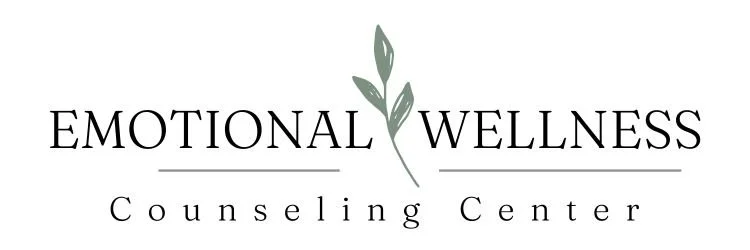Frequently asked questions
Got questions? We’ve got answers.
-
We are a virtual therapy practice serving all of Virginia through a HIPAA compliant telehealth platform.
WE DO NOT OFFER IN-PERSON THERAPY AT THIS TIME.
-
Online or virtual therapy isn’t much different than in-person therapy. It still creates a safe space, but within an environment of your choosing. It’s important that you make sure your space is quiet and private so you can focus on yourself without distractions or breaches of privacy. A video link will be sent to your email 15 minutes before the session begins so you can prepare for your session and get set up. Your therapist will instruct you on how to proceed should technical difficulties or connection issues occur, and we have several back-up options for maintaining contact and continuing sessions.
For couple and family counseling, all parties will need to be in Virginia at the time of service. You can join via one device and be on camera together, or can join from separate locations with separate devices. Spaces will still need to be quiet and private outside of the couple and/or family.
Only individuals cleared for participation will be allowed and the therapist has the right to ask anyone else to leave the room or end the session for client protection.
-
Yes! Recent studies have shown that virtual therapy and in-person therapy have the same efficacy. In fact, some studies show that virtual therapy is more effective as attendance is easier and cost is usually lower as there is no commute to a physical office. Some insurance companies even waive copays for virtual therapy appointments. This reduction in cost also allows individuals who are struggling with finances or physical disabilities to attend therapy in a more consistent and less stressful way.
-
Each therapist has different fees and accepts different insurance plans. The practice as a whole accepts almost all brands of Medicaid. We also offer sliding scale for select clients, so please inquire if you need financial assistance. See below for more information:
Carter Summerville - Anthem BCBS, United Healthcare, Cigna, Aetna, Sentara Health Plans, most Medicaid brands, and $175 self-pay rate
Tiffany Grant - Anthem BCBS, Cigna, Aetna, Sentara Health Plans, most Medicaid brands, and $100 self-pay rate
Michelle Stokes - Anthem BCBS, Cigna, Aetna, Sentara Health Plans, most Medicaid brands, and $100 self-pay rate
Lexi Gambrell- Anthem BCBS, Cigna, Aetna, Sentara Health Plans, most Medicaid brands, and $100 self-pay rate
WE DO NOT ACCEPT TRICARE.
-
Yes! It is covered by most major health insurances, but we always double check your specific policy before starting. Please inquire via our contact form with more questions.
Lexi Gambrell is the only therapist who specializes in couples and families.
Please use our “contact us” page to have our administrative team check your insurance for couples/family coverage.
WE DO NOT ACCEPT TRICARE.
-
The first counseling session can sometimes be the hardest one because an intake assessment must be completed. This assessment will dive into your medical history, psychiatric history, substance use and addiction history, trauma history, family history, and do an examination of your overall mental state and symptoms. While this may seem intensive and overwhelming, this intake gives your therapist the best understanding of who you are and the events that have shaped you as a person. This allows for the development of the most personalized treatment plan possible. Frequent breaks are offered between sections to allow time for processing and recovering from emotions that may arise during the assessment.
-
Each person’s therapeutic journey is different and will require a different number of sessions. The length and frequency of sessions depends on the severity of your mental health symptoms, schedule, and financial needs. Typically, sessions run between 53 and 60 minutes and occur on a weekly basis at the start of counseling. Ask your specific therapist for more details on a timeline, should you want more information.
-
A Licensed Resident in Counseling or a Resident in Marriage and Family Therapy is a resident therapist who has been licensed by the Board of Counseling of Virginia to count client hours towards their license in mental health. Residents have completed their master’s degree in mental health counseling and their internship hours without complication. Residents are under the direct supervision of a Licensed Professional Counselor to ensure that they are learning and developing their counseling skills appropriately.
-
All sessions are documented in a secure Electronic Medical Record that is complaint with The Health Insurance Portability and Accountability Act (HIPAA). Your information will remain private and secure unless you provide a written form that your information can be released to and discussed with a certain individual. The only exception to this law is if your therapist feels that you are a direct danger to yourself or someone else and this must be reported for your own safety and the safety of those around you. A report will also be made if your therapist suspects child or elder abuse is occurring as well.
-
While counseling services can help you to avoid a crisis or process emotions after a crisis, it is not a crisis assistance service. Your therapist may be unavailable during an immediate crisis and sessions cannot always be scheduled for the same day. The most effective way to get help in an emergency is to dial 911, visit an emergency room, or contact a help line for support.
Have more questions? Ready to get started?
